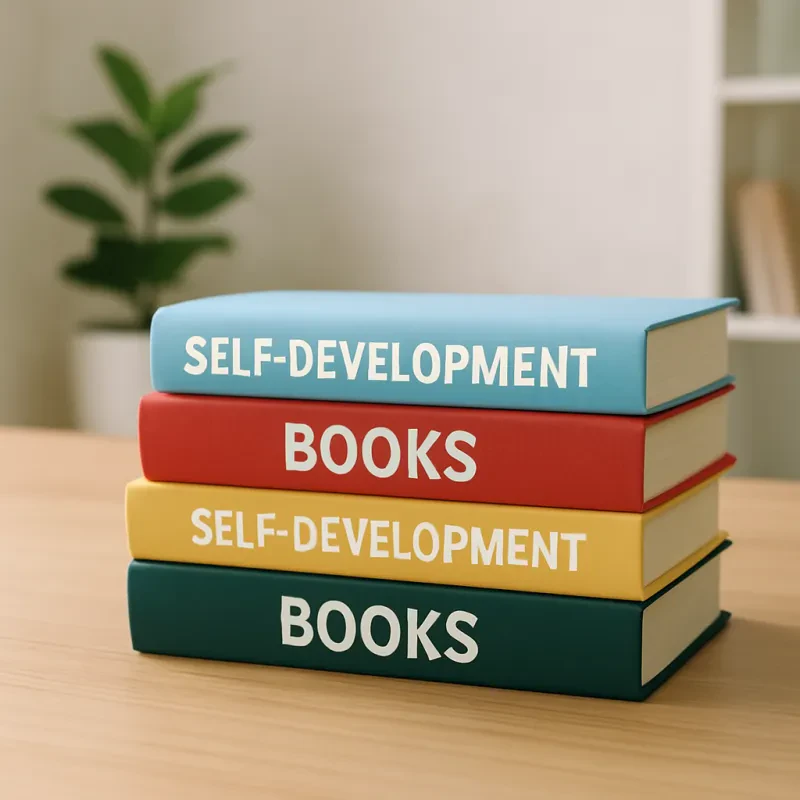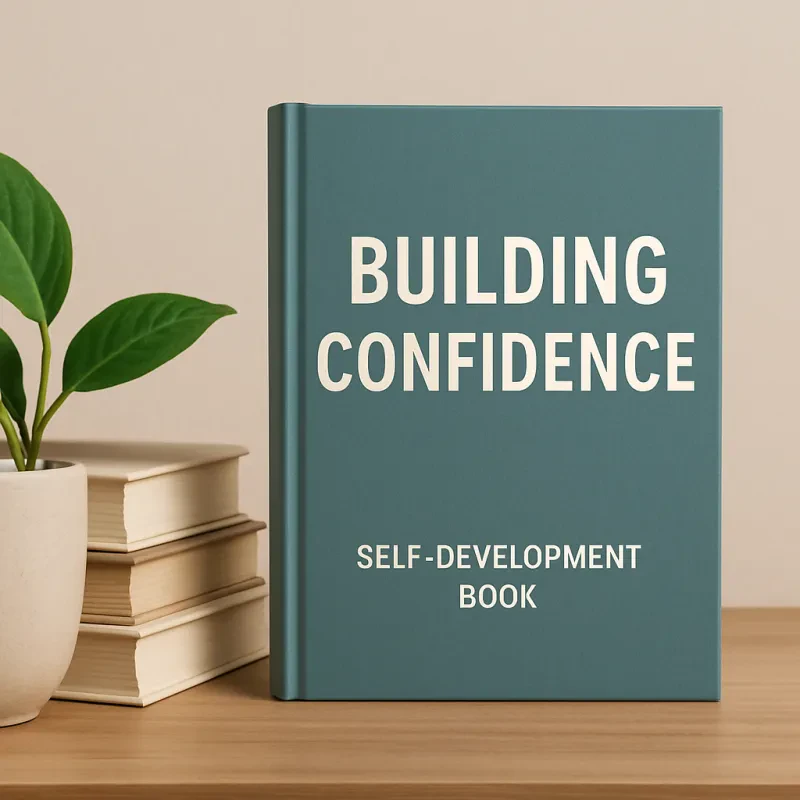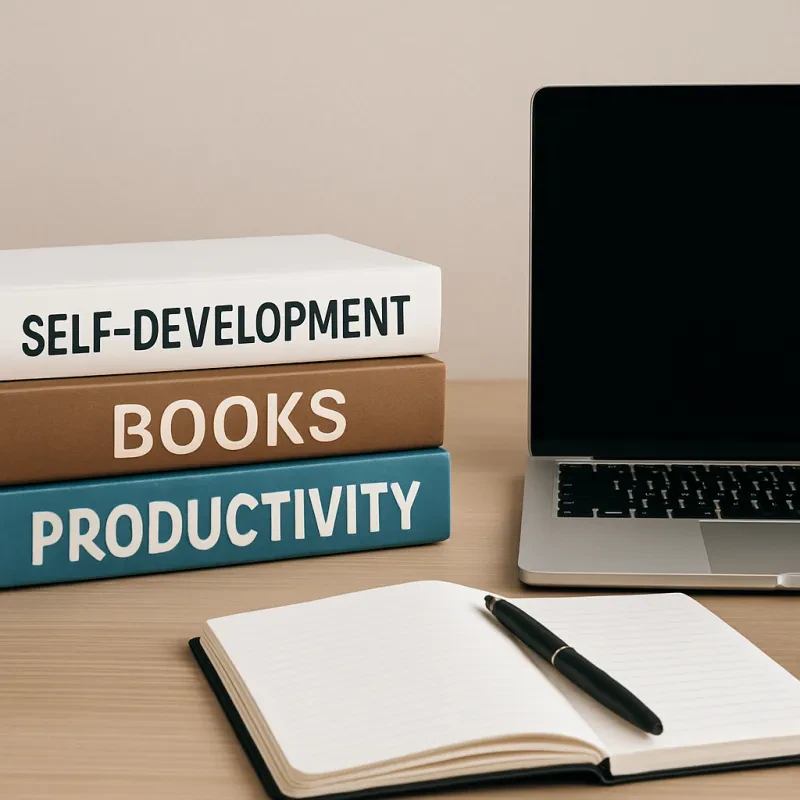Unleash the Power of Gratitude: Finding Joy in All That You Have
Did you know that practicing gratitude can boost your happiness? Studies show that grateful people experience higher levels of joy and positivity in their lives. Gratitude isn't just a nice feeling; it has the power to transform how we see the world. It's a simple concept with significant implications—embracing gratitude can lead to deeper happiness and better life satisfaction.
Gratitude involves recognizing and appreciating the good things in life, no matter how small they may be. In today’s fast-paced world, it’s easy to overlook what we have. However, taking the time to acknowledge our blessings can change our perspective and enhance our overall well-being.
The Science of Gratitude: Why It Matters
The Neurological Benefits of Gratitude
Gratitude isn't just about feeling good; it affects our brains too. Research indicates that expressing gratitude can lower stress hormones and increase feelings of happiness. For example, a study found that people who kept a gratitude journal experienced a significant decrease in stress levels. Imagine how simply noting what you are thankful for can positively impact your mind!
The Psychological Impact
Gratitude plays a crucial role in mental health. Studies suggest that those who practice gratitude regularly report fewer symptoms of depression and anxiety. It's a powerful tool that can boost mood and enhance emotional resilience. By focusing on positive elements, we can combat negative thoughts more effectively.
The Social Benefits
Being grateful can also strengthen our bonds with others. When we express gratitude, we foster connection and empathy. Research shows that people who express gratitude build stronger relationships and experience less loneliness. A thank you can create a ripple effect, encouraging others to be kind in return.
Cultivating Gratitude in Daily Life: Practical Steps
Gratitude Journaling
Starting a gratitude journal can be transformative. Take a few minutes each day to write down things you're thankful for. Here are some prompts to get started:
- What made you smile today?
- Who do you appreciate, and why?
- What is one small thing that brought you joy?
Dr. Robert Emmons, a leading psychologist, suggests journaling can shift your mindset to focus on the positive.
Mindful Moments
Mindfulness helps us notice the little things that often go unnoticed. You can practice mindfulness by:
- Taking a moment to breathe deeply.
- Savoring your morning coffee or tea.
- Noticing the beauty in nature around you.
These small acts can enhance your appreciation of the world.
Expressing Gratitude
Don’t hesitate to say thank you. Expressing gratitude verbally can strengthen your relationships. A simple note or message to family, friends, or colleagues can make a big difference. Here are some ideas:
- Send a text to a friend saying you appreciate them.
- Write a thank-you note to a coworker who helped you.
- Share a compliment with a family member.
Overcoming Obstacles: Navigating Challenges with Gratitude
Dealing with Difficult Emotions
Gratitude can help us manage tough feelings like anger or sadness. For instance, when someone faced a significant loss, they found comfort in recalling happy memories. Focusing on those moments of joy helped them through the grieving process.
Finding Gratitude in Adversity
Even in challenging times, finding gratitude can be a source of strength. Look for small silver linings, such as supportive friends or lessons learned during hardships. Cultivating a gratitude mindset can create a sense of hope.
Shifting Perspective
Changing negative thought patterns is crucial. To foster a positive outlook, try these strategies:
- Reframe your problems by asking, "What can I learn from this?"
- List three good things at the end of each day.
- Practice self-compassion and acknowledge your efforts.
Gratitude and Relationships: Strengthening Bonds
Showing Appreciation to Loved Ones
Expressing gratitude to family and friends can deepen connections. Consider these actions:
- Cook a meal for someone you care about.
- Compliment your partner for their support.
- Share memories that remind you why you appreciate them.
Building Stronger Connections at Work
A workplace filled with gratitude fosters teamwork and collaboration. A study revealed that expressing gratitude can improve workplace relationships and boost productivity. Take time to thank your colleagues for their hard work.
Expressing Gratitude to Strangers
Small acts of kindness can inspire positivity in the world. Whether it’s holding the door open or complimenting a stranger, these gestures can create smiles. For example, a simple thank you to a cashier can brighten their day.
Maintaining a Gratitude Practice: Long-Term Strategies
Integrating Gratitude into Your Routine
Make gratitude a regular part of your life. Here are some tips:
- Set aside time each morning to reflect on what you appreciate.
- Share your gratitude during family dinners.
- Keep a visual reminder, like sticky notes with positive affirmations.
Utilizing Technology for Gratitude
Technology offers tools to keep track of your gratitude practice. Consider apps like "Gratitude Journal" or "Happify" to help you stay committed to gratitude.
Seeking Support
If you’re struggling to maintain gratitude, seek support. Join a group or talk to a therapist who specializes in positive psychology. Connecting with others can provide motivation and encouragement.
Conclusion
Gratitude offers numerous benefits, from enhancing mental health to improving relationships. Incorporating gratitude into daily life can transform your outlook and strengthen your bonds with others. Embrace gratitude, and you may find that joy is all around you, waiting to be noticed. Take the first step today and let the power of gratitude enrich your life.



